The Beginners Guide to Hearing Loss
Our best articles on hearing loss
Everything you wanted to know about living with hearing loss

All About Hearing Loss
Hearing loss or hearing impairment is becoming ever more prevalent in our noisy world. It is on the increase across the world and it is believed that the onset of hearing loss is happening at a younger and younger age. Let's look at hearing loss, what it is, how it happens and what the symptoms are.

Single Sided Hearing Loss
Single sided hearing loss, unilateral hearing loss or single-sided deafness (SSD), is typically a hearing loss that occurs in one ear only, with the other ear being at normal hearing levels. The hearing loss may be moderate, severe or complete depending on the presentation and the cause. Single sided hearing loss can be congenital (from birth) or acquired (occurs after birth). If and when a hearing loss happens in the better ear, the person's hearing loss will be re-classified as Asymmetrical (worse in one ear than the other).
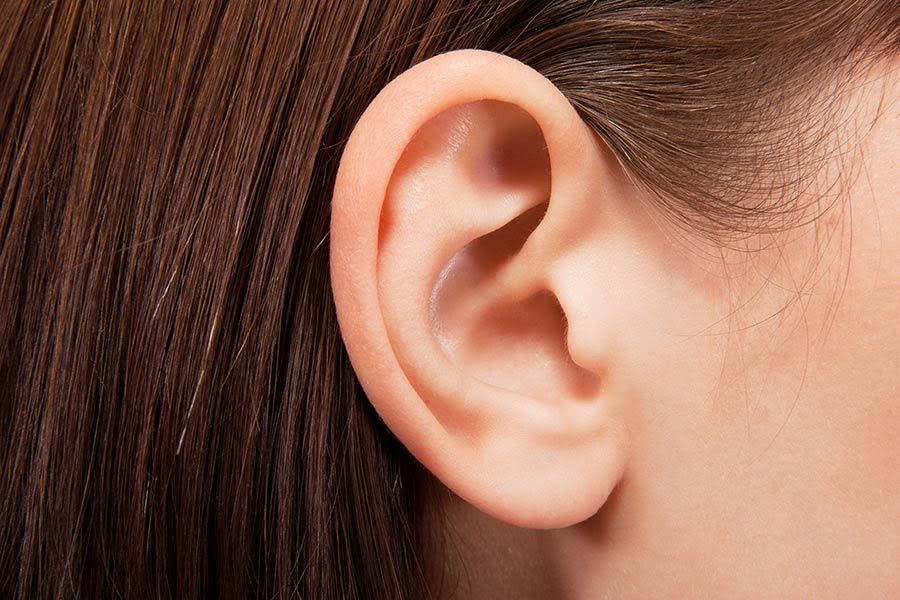
Sudden Hearing Loss, You Should Treat it as a Medical Emergency
Not all sudden hearing losses are necessarily a really bad sign, the problem is that it could be, so therefore you should treat it as such. Sudden Sensorineural hearing loss (SSHL) appears to be on the rise and it should be treated as a medical emergency when it occurs. The faster you get treatment, the better the outcome may be for your hearing.
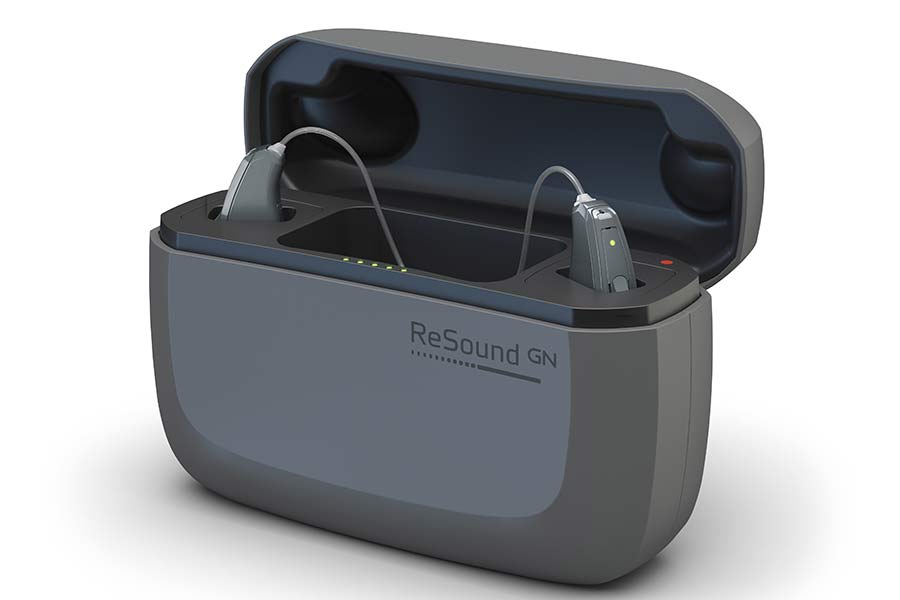
How Can We Combat The Stigma Associated With Hearing Aids
Stigma around hearing aids still exists much to my incredulity. I really don't understand why that is the case, I mean hearing aids solve real problems, you have the problem, sort it out. Modern hearing aids like the LiNX Quattro are really fantastic, not just that, but they are discrete. No matter, despite my abject irritation, stigma still exists. In this article, Karen Simpson talks about what we can do to combat the stigma.
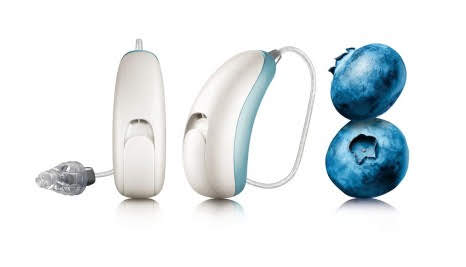
Better Health Through Better Hearing
If you have a pain in your body, you know to go to the doctor. A toothache? Schedule a visit with the dentist. Worsening vision? Time to see the eye doctor. But what do you do if you think you’re losing your hearing? Unfortunately, most people who experience hearing loss decide to live with it rather than seek treatment by visiting a hearing care professional and getting hearing aids.

Preparing For Your First Date With Hearing Aids
First date jitters can be really bad whether you are seventeen or seventy. If you are wearing hearing aids, it just adds to the complexity. Cassie Lomax, a regular contributor to Hearing Aid Know has come up with some tips to get you ready.
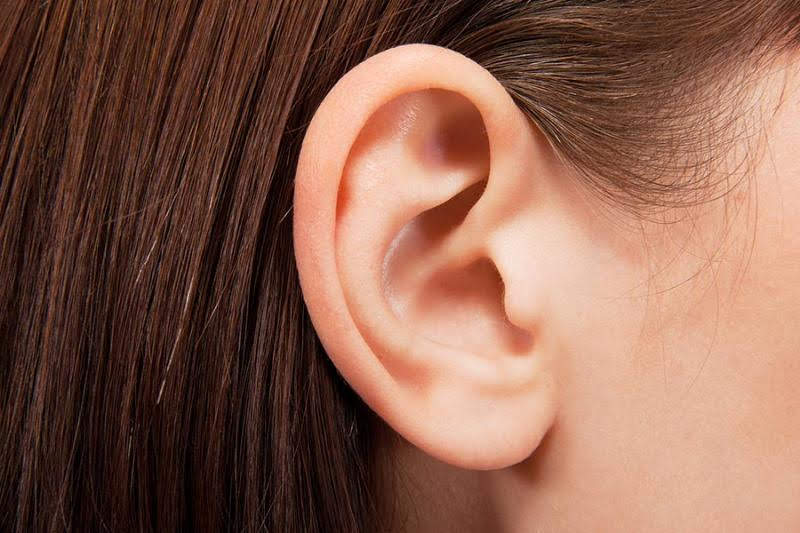
Beyond Losing Your Hearing
Hearing loss is one of the most common medical conditions, affecting nearly 50 million Americans. It can be difficult to follow conversations, hear important sounds, and even enjoy simple pleasures like birds singing. However, hearing loss doesn’t always occur on its own. For many people, it can be caused by or lead to more serious health conditions.

People With Hearing Loss Vulnerable to Dementia
We have spoken before on Hearing Aid Know about the connection between hearing loss and dementia, initially with a warning about what was true and what wasn't in the article "Untreated Hearing Loss Causes Dementia!!!!!!!". We followed up that article with an update on the changing attitude of the medical profession in the article "Untreated Hearing Loss & The Dementia Connection". In essence, we now believe that untreated hearing loss is a risk factor for the development of dementia. In this article, Cassie Lomax discusses hearing loss, dementia and why sometimes they can be confused, among other topics.

How to cope in the office when you have a hearing loss
Modern offices are a tough place for those of us with hearing loss. The trend of late has been for "open plan" offices, basically large open spaces stuffed full of desks, with no dividing walls between desks or areas. This is supposed to improve collaboration amongst employees as everyone can talk and see everyone else, the jury is out as to whether an open plan office improves anyone's working life at all, but one thing is for sure: it's a nightmare if you have hearing loss.
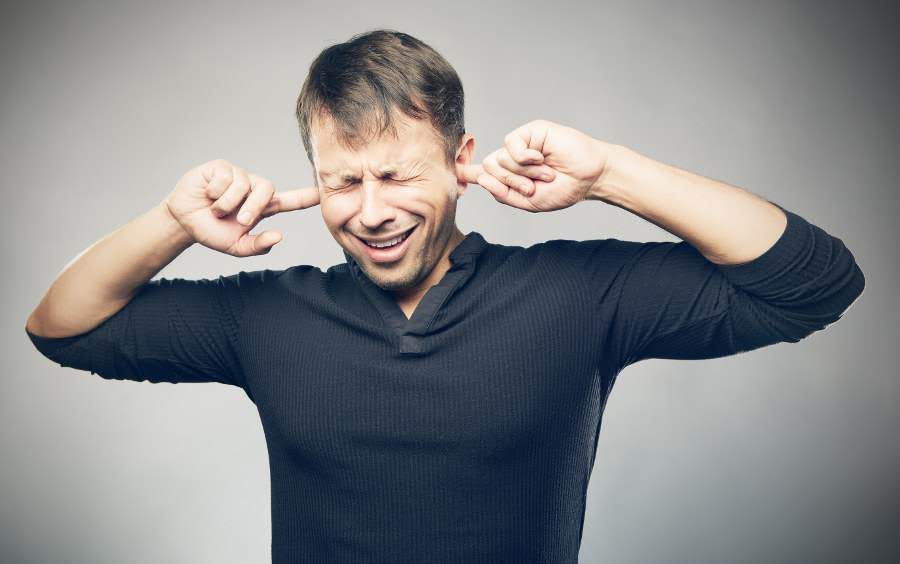
Have A Hearing Loss? Your Family Suffers Too!
For quite a while we have been trying to help people recognise the signs of hearing loss. We have also been trying to encourage people to take action. In an article I wrote called Why You Don't Need Hearing Aids, The Lies You Tell Yourself, I tried to smash the lies we tell ourselves about our hearing. Some people even called it strident! I thought, but hey, I didn't call them gobshites once! Anyway, everything we are saying must be true, a recent article in the Daily Mail (Doyen of legitimate English Journalism that it is) says so. But don't worry, you can continue to put your fingers in your ears and hum to yourself while I explain it to the adults.
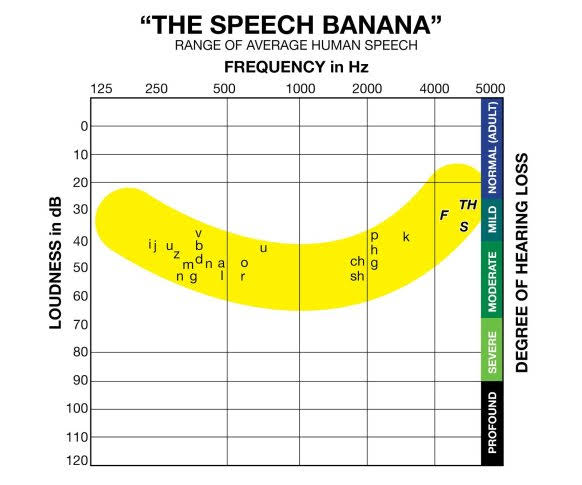
Common Words That Are Difficult To Understand With Hearing Loss
A person with hearing loss often has difficulty in understanding words or parts of words. When speaking, your voice may be audible, but separate words may sound mixed up or blurred together. Rhyming or words that are similar such as: cat/cap, bread/thread, pool/cool, etc. are extremely difficult to distinguish when the listener has a hearing loss. When your family member or speaking partner does not understand you the first time you say something, repeating the same words often will not make it more clear.
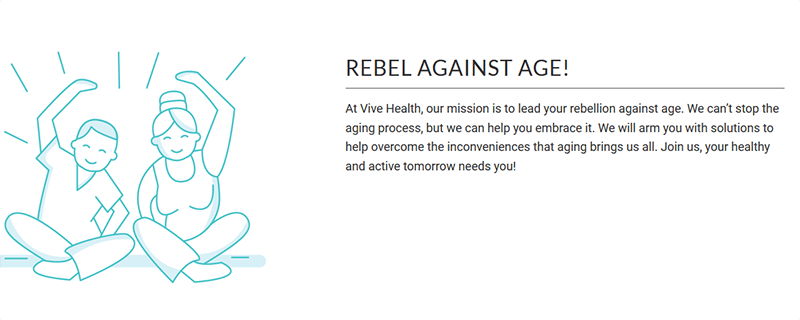
4 Steps To Addressing Hearing Related Anxiety
As a professional who deals with hearing loss every day it is easy for me to become blase about it. By that I mean we sometimes find ourselves focusing on the problem while losing sight of the effects it has on the people we deal with. I remember when I first qualified my focus was always on the hearing loss, and not the wider effects of the hearing loss on the person in front of me. That changed quickly as I began to realise the emotional destruction wrought by hearing loss.

The Mystery of the Cleaning Thief
So here's a funny story. The other day I woke up in Barcelona. We've rented an apartment there for the summer. It's a lovely sunny day. Sunlight is streaming through the window, lighting up the entire bedroom. I check my phone. I have an audio message from my girlfriend Elise on Whatsapp. I listen on speakerphone, pressing the loudspeaker into my ear (that's my hack for when I'm not wearing My HAs)

Ear Infections, What Do You Need To Know?
I remember when my children were young, they seemed to tag team us with ear infections. My young lad, in particular, had a lot of problems with his ears and eventually he had to have grommets fitted. It was a quick ten-minute operation but at the time he had to go under general anaesthetic. Hard to believe that they are now fitting grommets in the office.

Your brain helps you to hear by filling in the gaps, without you realising it.
You are propping up the bar of your local on a Friday night, the place is packed and the DJ is blasting the tunes out, it's noisy as hell. Even so, you find it pretty easy to have a conversation with your friends. Your ears are getting assualted from all angles but your brain does a remarkably good job of filtering all that out and focusing on your friends' voices.

Hear Today, Gone Tomorrow – An Account of Sudden Sensorineural Hearing Loss (SSHL)
ust over a year ago I got back from a night out with friends, sat down on the sofa and lost the hearing in my left ear. It really was as unceremonious as that.
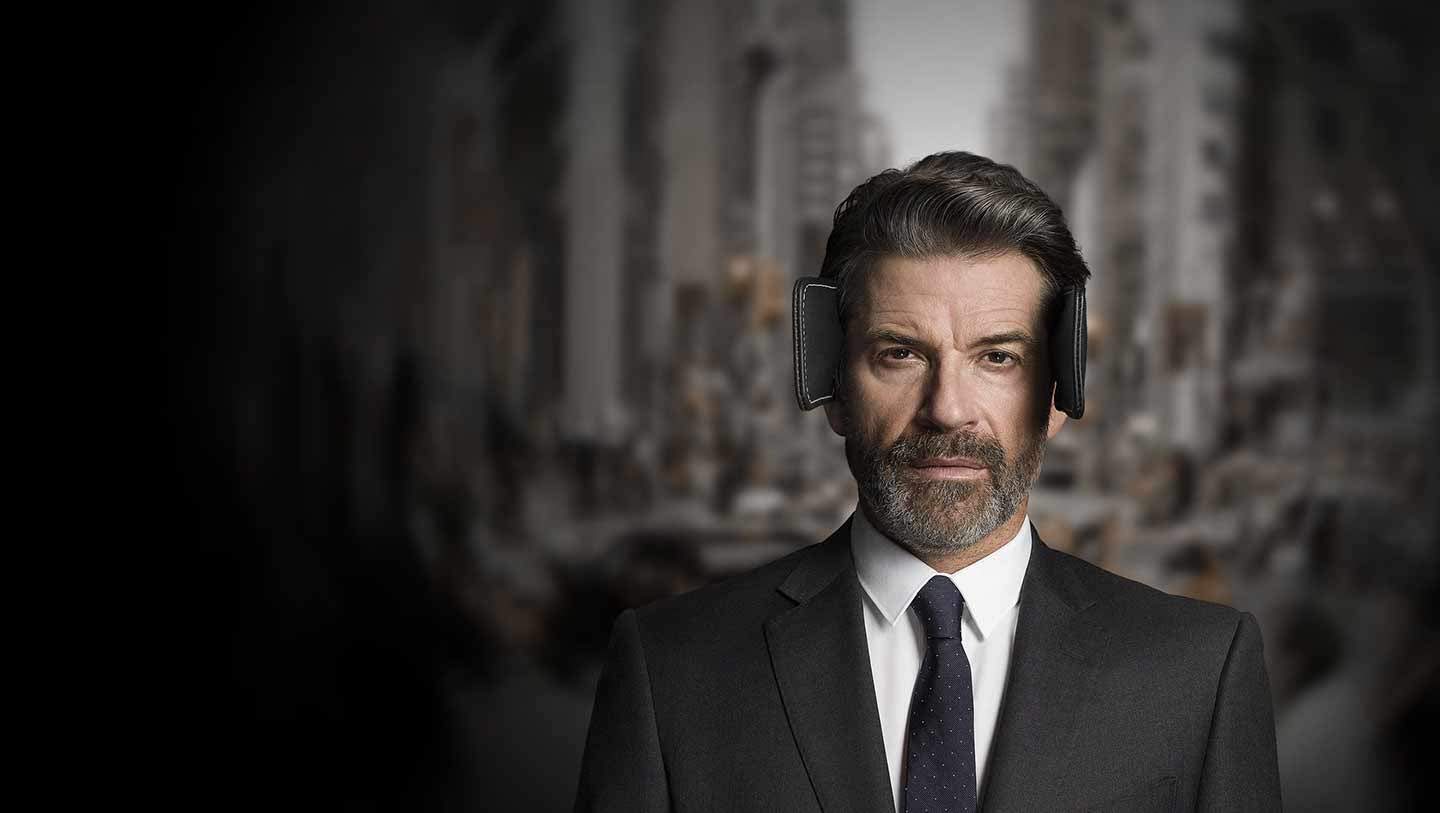
Why You Don't Need Hearing Aids, The Lies You Tell Yourself
I thought it was time for us to have a chat about the lies you tell yourself. You know the ones you tell yourself about why you don't wear hearing aids. Strap yourself in though, I have not got a huge reputation for mollycoddling. But don't worry. We will explore honest answers to pretty spurious statements. As Oticon say, Open Up Your World, or more likely, take the damn blinkers off.

My life with hearing loss
I’m 43 years old now, I have been steadily losing my hearing since I was 5 and have been wearing hearing aids on-and-off for most of that time. Here’s my story.
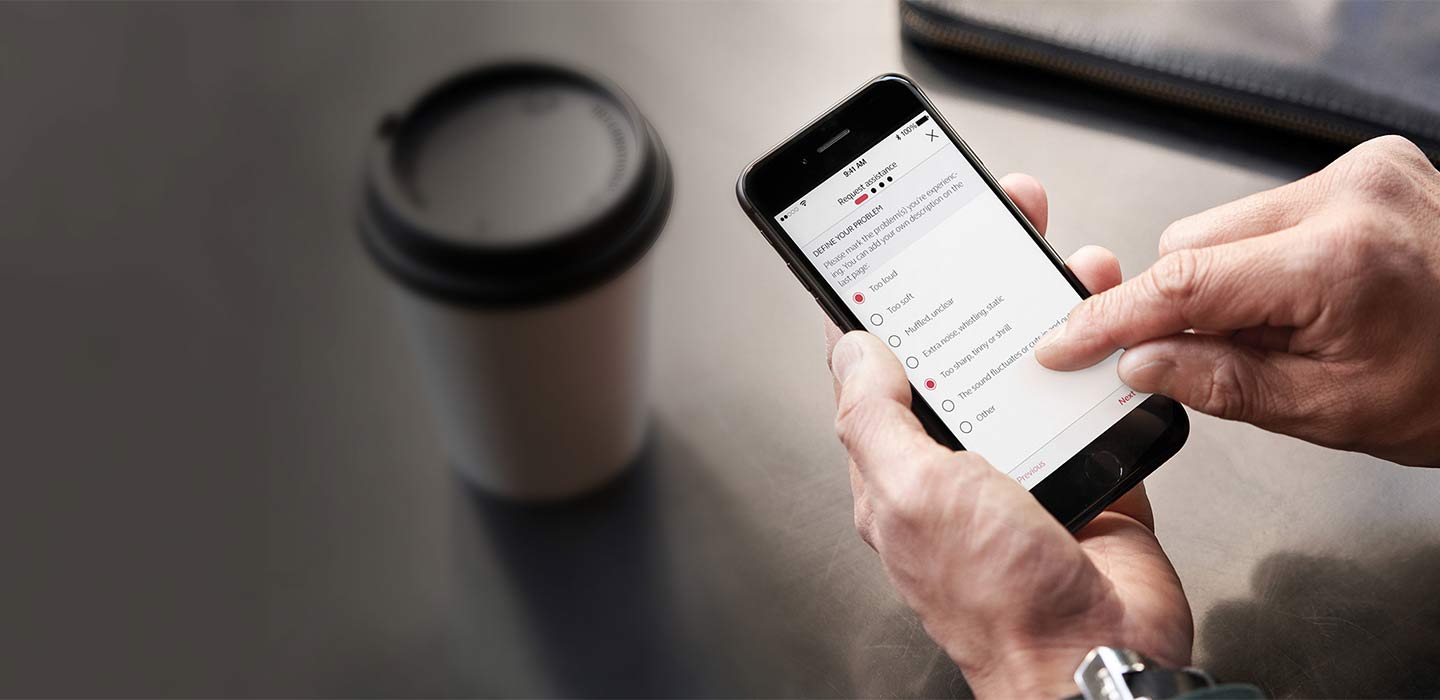
How I cope with hearing loss
I started losing my hearing at the age of 5, I’m now 36 and have a moderate/severe loss in both ears – it started with a mild loss and it has got steadily worse over the years. Apart from a few years in my early teens, I’ve been wearing hearing aids the whole time. I’ve developed a number of coping strategies, often without even realising it, that help me get through conversations with other people.
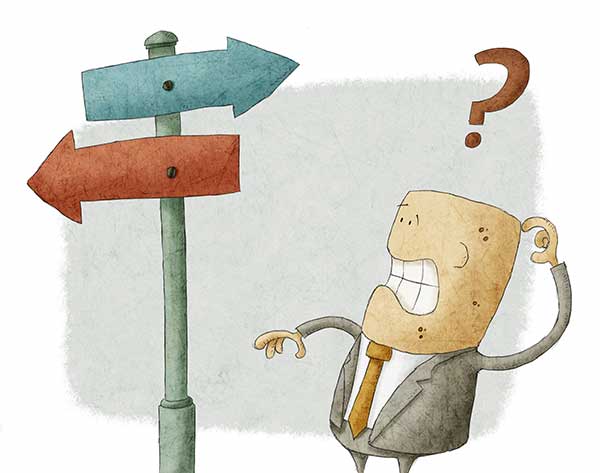
When do you mention your hearing loss at a job interview?
Job interviews are nerve-wracking experiences at the best of times, a hearing impairment is going to add an extra level of worry to that. So when would you disclose to a potential employer that you are hard of hearing? 121 Captions recently did an excellent article on this, which got me thinking about what I do myself and why.
